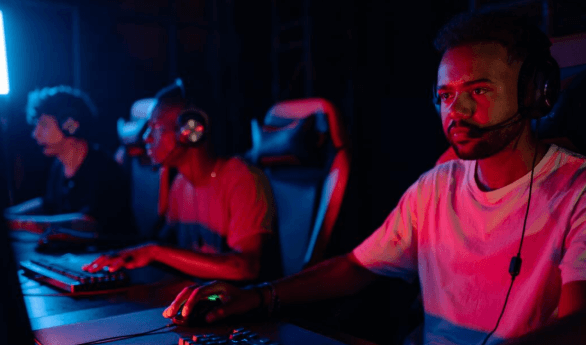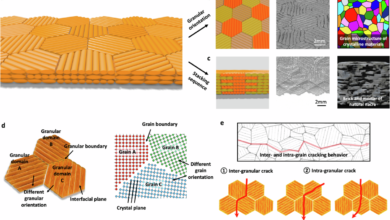
Building a Winning Esports Team: Strategies for Success with PERENASI!
Esports has evolved into a multi-billion-dollar industry, attracting players and organizations from across the globe. With competitive gaming at an all-time high, building a successful esports team requires more than just skilled players. A strong foundation, strategy, and team synergy are critical factors that define a winning esports team. This article will explore the strategies for success using the PERENASI framework, a comprehensive approach designed to create and sustain an elite esports team.
Understanding PERENASI
PERENASI is an acronym representing the key pillars necessary for building a dominant esports team:
- Player Development
- Equipment & Infrastructure
- Research & Analysis
- Effective Communication
- Networking & Sponsorships
- Adaptability & Innovation
- Strategic Coaching
- In-Game Synergy
By following this structured approach, any esports organization can enhance its chances of achieving long-term success.
See also: Career Development in the Tech Industry
1. Player Development
A team is only as strong as its players. Developing players through continuous training, coaching, and mental conditioning is crucial. To ensure optimal performance:
- Scout for talent by analyzing individual skills, game sense, and teamwork potential.
- Invest in player training programs that focus on both technical and strategic gameplay.
- Encourage physical and mental well-being, as esports requires strong mental endurance.
- Provide professional coaching to refine skills and correct mistakes.
2. Equipment & Infrastructure
High-performance gaming requires the best possible equipment and infrastructure. Teams should ensure that players have access to:
- High-refresh-rate monitors and gaming peripherals.
- Powerful gaming PCs with top-tier GPUs and CPUs.
- Reliable internet connectivity with minimal latency.
- A conducive environment for training, free from distractions.
Investing in state-of-the-art facilities, such as boot camps and gaming houses, can significantly enhance player performance.
3. Research & Analysis
Winning in esports requires deep knowledge of game mechanics, opponent strategies, and evolving meta. To gain a competitive edge:
- Regularly review match footage to identify strengths and weaknesses.
- Analyze opponent gameplay to anticipate their tactics.
- Stay updated with game patches and meta changes.
- Use data-driven insights to refine strategies and counter opposing teams.
4. Effective Communication
Clear and concise communication is the backbone of any successful esports team. Miscommunication can lead to costly mistakes in high-stakes matches. Effective communication strategies include:
- Developing a structured in-game callout system.
- Encouraging an open feedback culture within the team.
- Conducting team-building exercises to strengthen synergy.
- Ensuring that all players understand their roles and responsibilities.
5. Networking & Sponsorships
For long-term sustainability, esports teams must establish strong partnerships and secure sponsorships. Some effective ways to build networks include:
- Engaging with the esports community through social media and streaming platforms.
- Participating in major tournaments to increase brand visibility.
- Collaborating with sponsors, gaming brands, and investors.
- Seeking endorsements from tech companies and gaming peripherals manufacturers.
6. Adaptability & Innovation
Esports is a rapidly evolving industry where adaptability is key to staying ahead. Teams must:
- Be willing to experiment with new strategies and playstyles.
- Adapt quickly to game updates and balance changes.
- Encourage creativity and innovation in gameplay.
- Learn from setbacks and make necessary adjustments.
7. Strategic Coaching
A great coach can transform a good team into a championship-winning one. The role of a coach includes:
- Developing and implementing effective training regimens.
- Teaching players about positioning, rotations, and decision-making.
- Providing motivation and mental support during high-pressure situations.
- Identifying weaknesses and offering constructive feedback.
8. In-Game Synergy
Individual skill alone is not enough; a team must function as a cohesive unit to succeed. Building synergy involves:
- Establishing clear team roles and responsibilities.
- Practicing together consistently to enhance chemistry.
- Encouraging trust and understanding among teammates.
- Refining strategies based on each player’s strengths.
Conclusion
Building a winning esports team requires a holistic approach encompassing player development, strategy, infrastructure, and innovation. By implementing the PERENASI framework, teams can create a sustainable path to success and compete at the highest level. As esports continues to grow, those who invest in these key areas will remain dominant in the competitive gaming scene.
Whether you are forming a new team or refining an existing one, applying these principles will give you the edge needed to achieve greatness in esports!




